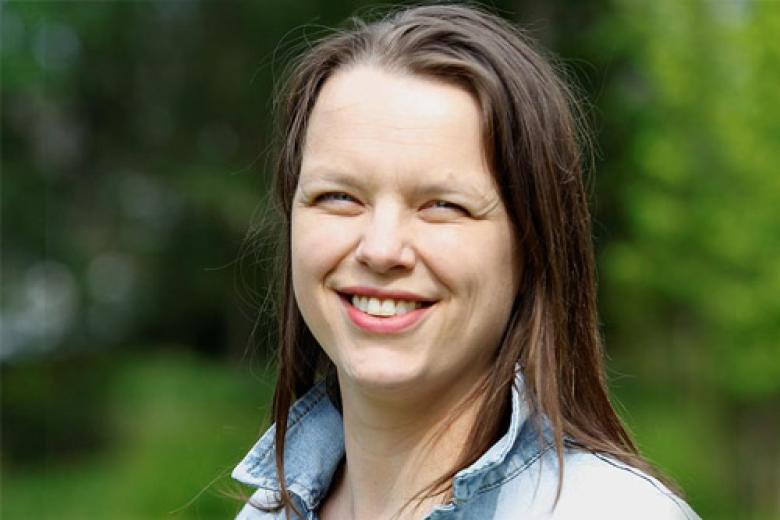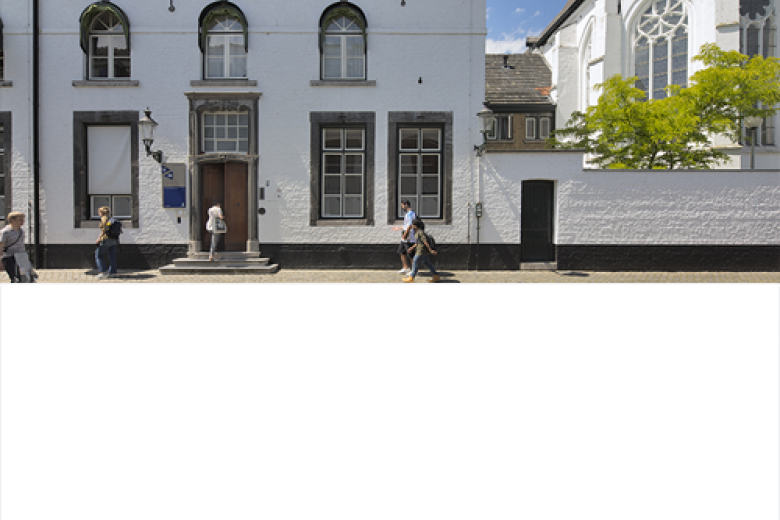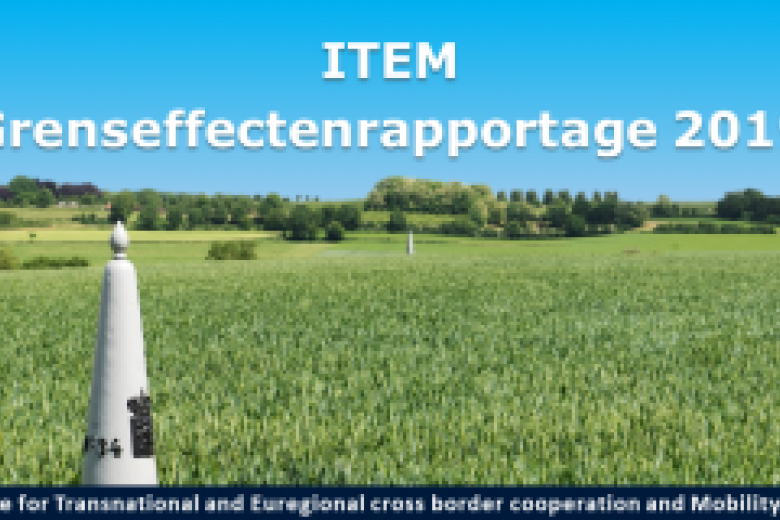
News
-

-
Dutch court rules: no discrimination in access to online public services
A Belgian resident successfully brought a case to court with the help of the ITEM Expertise Centre, because she did not receive a DigiD.

-
Maastricht scholars successfully fight forced marriage and marital captivity
For the research group led by Susan Rutten, professor of Islamic Family Law in a European Context at Maastricht University (UM), in recent weeks, everything has fallen into place. Partly in response to the recommendations of their MARICAP study, the Dutch minister of legal protection Sander Dekker...

-
Dutch smokers more aware of risks since launch of photo health warnings
Since the introduction of photos on the packaging of tobacco products in 2016, Dutch smokers have become more aware of the harmful effects of their addiction. This is the conclusion of PhD research by health scientist Dirk Jan van Mourik, who will be defending his thesis at Maastricht University on...

-

-
Worker shortages in engineering, healthcare and teaching set to persist
Despite the expected slowdown of economic growth, more than two million job openings are expected in the coming six years

-
Ines Stelk and Liza Diane Gordin win Kremers Incentive Awards
Liza Diane Gordin and Ines Stelk took home the Kremers Incentive Awards 2019 in the bachelor’s and master’s categories on Saturday 30 November.

-
Keuzegids Bachelors 2020: three UM Colleges stable at the top
The three Liberal Arts colleges of Maastricht University retain their top positions in the Keuzegids Bachelors 2020.

-
Do algorithms help make healthcare better?
How can you further improve healthcare with the use of ‘big data’? That question is central to many scientific studies worldwide. At Maastricht University, the research group led by Professor of Clinical Data Sciences André Dekker is also working on answers to this question.

-
New civil servants law increases uncertainty for cross-border workers
From 1 January 2020, a new Dutch law regarding the legal status of civil servants can prevent certain employees of Dutch universities from working at home. In a change from the current situation, from January on it matters to cross-border workers how much time they work in the office or from home.
